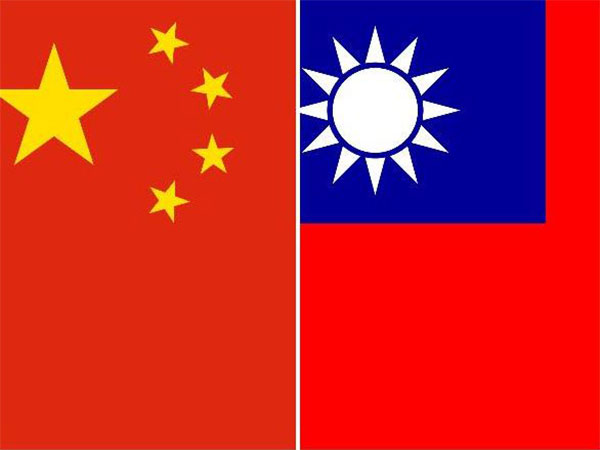Rethinking U.S. Policy: The Taiwan-Conundrum and Missteps
Stephen Wertheim suggests a cautious U.S. approach towards Taiwan, promoting a 'one China' policy with conditional aid. However, this overlooks China’s historical opposition to Taiwanese autonomy, Taiwan’s democratic resolve, and the nationalistic undercurrents fueling China's stance, which complicate U.S.-China relations.

- Country:
- Taiwan
In a recent New York Times article, historian Stephen Wertheim proposed a cautious recalibration of U.S. foreign policy towards China, with a particular emphasis on Taiwan. He advocates for the next U.S. president to reinforce the 'one China' policy while offering Taiwan stepped-up, but conditional aid, as a means to 'put America first.'
However, Wertheim's approach is predicated on three flawed assumptions about Taiwan, China, and the United States' regional role, as outlined by Taiwan News. Firstly, the notion that China has been generally tolerant of Taiwan's self-governance is misleading. Although Beijing occasionally appeared more lenient due to limited means to assert control, historical context reveals that China has never accepted Taiwan's autonomy. Former Premier Zhou Enlai's pragmatic compromises aimed at U.S.-China normalization exemplified a strategy of patience rather than permanent acceptance, a stance reinforced by Deng Xiaoping's acknowledgment that China was 'biding its time.'
Under President Xi Jinping, China has intensified military pressure on Taiwan, demonstrated through increased PLA aircraft incursions and aggressive maneuvers in the South China Sea. Wertheim's suggestion that the U.S. is hindering peaceful Taiwanese annexation by China ignores Taiwan's longstanding resistance to reunification, motivated by democratic values rather than U.S. intervention. Initiatives like 'One Country, Two Systems' have held little appeal since Beijing's reneging on Hong Kong's autonomy. Lastly, Wertheim's belief in resetting U.S.-China ties via a grand bargain is flawed. It underestimates the nationalism driving China's actions, which sees U.S. concessions as signs of weakness rather than opportunities for cooperation. These dynamics challenge the feasibility of a grand bargain, emphasizing the need for nuanced U.S. policies that consider Taiwan's sovereignty, China's assertiveness, and the complex geopolitical landscape.
(With inputs from agencies.)
ALSO READ
Xi Jinping Congratulates Trump's Remarkable Comeback: A New Era for US-China Relations
Diplomatic Dynamics: Navigating US-China Relations Under Trump
Biden and Xi's Strategic Dialogue: Navigating the Future of US-China Relations
Continuity in US-China Relations: The Trump-Biden Parallel
Marco Rubio's Hawkish Stance: A New Era in US-China Relations?










